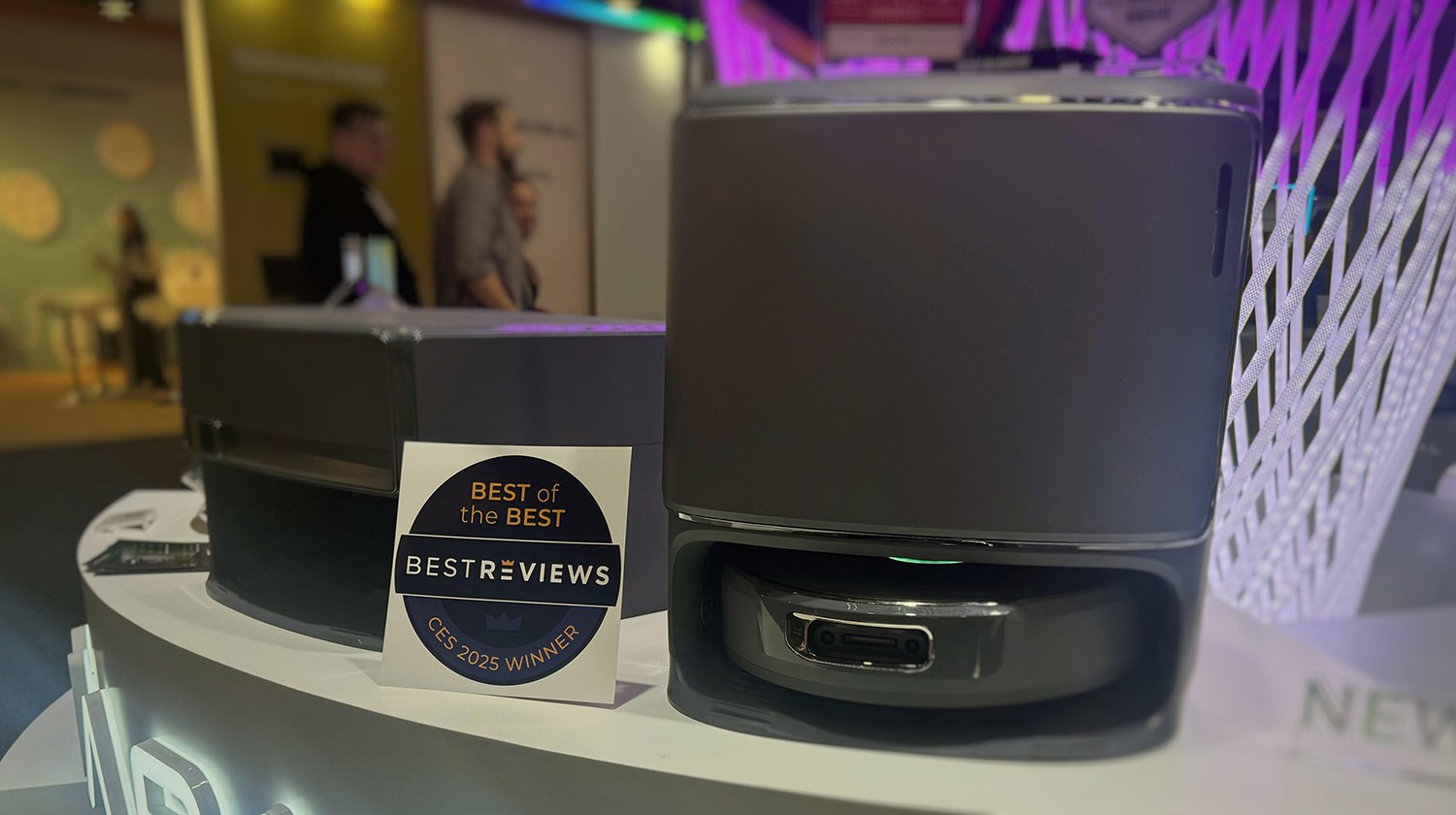Food and Drug Administration officials on Friday said that the agency will “rapidly work toward finalization and issuance of an emergency use authorization” for the Pfizer COVID-19 vaccine.
This comes after a U.S. government advisory panel endorsed widespread use of Pfizer’s coronavirus vaccine Thursday.
The FDA says it has also notified the CDC and Operation Warp Speed “so they can execute their plans for timely vaccine distribution.”
“We could be seeing people getting vaccinated Monday, Tuesday of next week,” Health and Human Services secretary Alex Azar said on ABC News’s Good Morning America.
In a 17-4 vote with one abstention, government advisers concluded that the vaccine from Pfizer and its German partner BioNTech appears safe and effective for emergency use in adults and teenagers 16 and over.
That endorsement came despite questions about allergic reactions in two people who received the vaccine earlier this week when Britain became the first country to begin dispensing the Pfizer-BioNTech shot.
While there are a number of remaining unknowns about the vaccine, in an emergency, “the question is whether you know enough” to press ahead, said panel member Dr. Paul Offit of Children’s Hospital of Philadelphia. He concluded that the potential benefits outweigh the risks.
Pfizer has said it will have about 25 million doses of the two-shot vaccine for the U.S. by the end of December. But the initial supplies will be reserved primarily for health care workers and nursing home residents, with other vulnerable groups next in line until ramped-up production enables shots to become widely available on demand — something that will probably not happen until the spring.
Next week, the FDA will review a second vaccine, from Moderna and the National Institutes of Health, that appears about as protective as Pfizer-BioNTech’s shot. A third candidate, from Johnson & Johnson, which would require just one dose, is working its way through the pipeline. Behind that is a candidate from AstraZeneca and Oxford University.
Regulators in both Britain and Canada have already approved the vaccine for use in their countries, and President Donald Trump and White House officials have complained for weeks that the FDA was moving too slowly.
FDA scientists issued a glowing review of the vaccine earlier in the week. Agency staffers said data from Pfizer’s ongoing study of 44,000 people showed strong protection across different age groups, races and health conditions with no major, unexpected safety problems.
The Pfizer-BioNTech shot remains experimental because that final-stage study isn’t complete. As a result, the expert panel wrestled with a list of questions that have yet to be answered.
For example, while the vaccine is more than 90% effective in blocking the symptoms of COVID-19, the FDA’s advisers stressed it is not yet clear whether it can stop the silent, symptomless spread that accounts for roughly half of all cases.
“Even though the individual efficacy of this vaccine is very, very, very high, you really as of right now do not have any evidence” that it will lower transmission, said Dr. Patrick Moore of the University of Pittsburgh. He urged Pfizer to take additional steps to answer that question.
Several of the dissenting panel members objected to authorizing the shot for 16- and 17-year-olds, given their small numbers in the study and the low risk they face from COVID-19.
Pfizer must still show whether the vaccine works in children younger than 16 and in pregnant women.
On the safety front, as widespread vaccinations begin, the first recipients will be closely tracked by government health authorities, since studies in tens of thousands of people can’t detect side effects that strike 1 in a million. Hanging over the meeting were the British allergic reactions and a warning from authorities there that people with a history of serious reactions shouldn’t get the vaccine for now.
Pfizer representatives said they have seen no signs of allergic reactions in their trial. But some of the FDA advisers fear the British warning will deter millions of Americans with allergies who might benefit from the COVID-19 vaccine from giving it a try and urged additional studies to try to settle the issue.



















